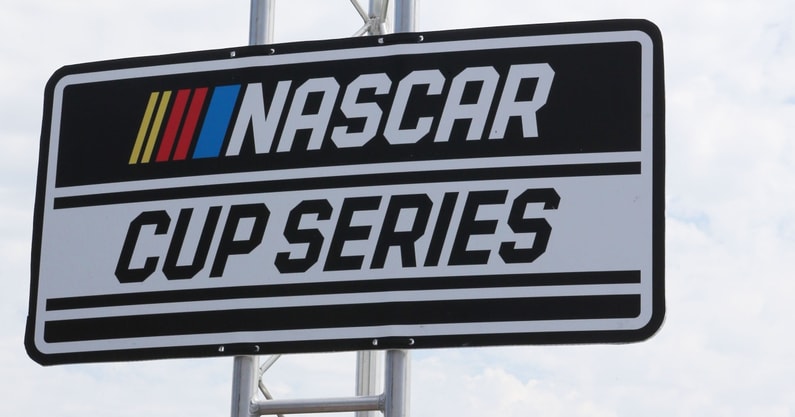Judge explains reasoning behind denying NASCAR motions against 23XI, Front Row

Today, Judge Kenneth Bell denied two motions from NASCAR regarding the lawsuit against them from 23XI Racing and Front Row Motorsports. In his decision, Judge Bell lays out the facts clearly and, in a legal sense, hits back at the sanctioning body.
NASCAR filed a motion to dismiss the lawsuit and a motion for bond from 23XI Racing and Front Row Motorsports. The bond, NASCAR argued, was necessary to reimburse the sanctioning body in the event they won the lawsuit.
Based on the arguments and evidence, Judge Bell wasn’t buying it. In his decision today he laid out his reasoning behind denying both motions.
For the motion to dismiss:
“What is the actual evidence and how does it inform a correct legal conclusion? These questions cannot be determined on motions to dismiss in this action, where Plaintiffs have sufficiently alleged one or more plausible antirust claims against Defendants within the applicable period of limitations,” the court wrote.
In a footnote, Judge Bell directed his decision towards Jim France himself.
“The Court also finds that Plaintiffs have sufficiently alleged antitrust claims against James France individually. Taking as true Plaintiff’s overall factual allegations of Mr. France’s ownership and executive position and the specifics of NASCAR’s alleged wrongful conduct, Plaintiffs have plausibly alleged that he directed, controlled and/or ratified that conduct.”
Then there is the motion for bond. That was also denied today.
NASCAR lawsuit: Motion for bond denied
Judge Bell addressed the motion for bond in his decision today as well. While NASCAR made its best argument, the court does not see eye-to-eye with the defendants.
Top 10
- 1Breaking
CFP Top 25 revealed
The official rankings are in
- 2New
CFP Bracket
Official first 12-team field
- 3Hot
Strength of Schedule
CFP Top 25 Weakest to strongest
- 4Trending
LSU return?
New AD on Nick Saban
- 5
Auburn Coaching Search
Latest names to know & more
Get the Daily On3 Newsletter in your inbox every morning
By clicking "Subscribe to Newsletter", I agree to On3's Privacy Notice, Terms, and use of my personal information described therein.
The judge agrees that NASCAR does pay out about $5 million per charter out of the pool money. However, Judge Bell points to the benefits that NASCAR receives from the teams being part of the sport.
His decision:
“Whie NASCAR sought to minimize the value that it will receive from Plaintiffs at oral argument, NASCAR has previously argued at length that the balance of payments and obligations for chartered teams is beneficial rather than harmful to NASCAR so, at least impliedly, the consideration paid to the chartered teams represents fair compensation for their obligations.
“However, NASCAR persuasively argued that its benefit from Plaintiffs racing as chartered teams may not be the same as received from the other chartered teams, in that Plaintiffs have not and will not be pulling their oars in the same direction as NASCAR and the other charter teams. Nonetheless, the alleged harm to NASCAR of allowing Plaintiffs to race chartered cars on the same terms as the other 30 chartered teams is presently both uncertain and unquantified.”
So, the court denied the bond motion. Still, in the decision, Judge Bell noted that he still holds the right to later reimburse NASCAR if the case were to swing their way. For now, no bond will be set.